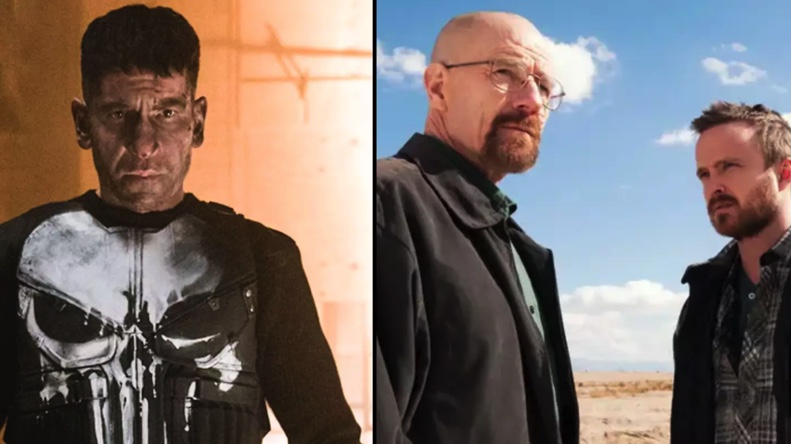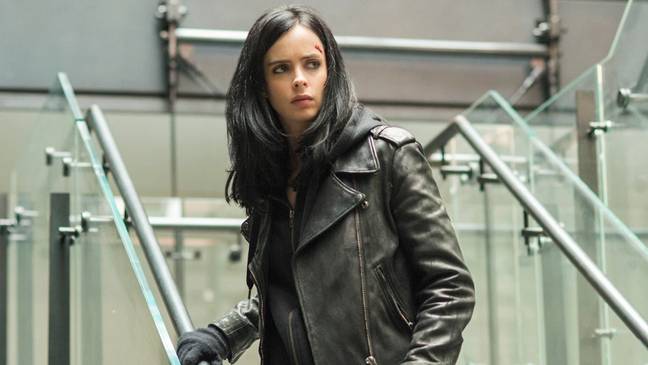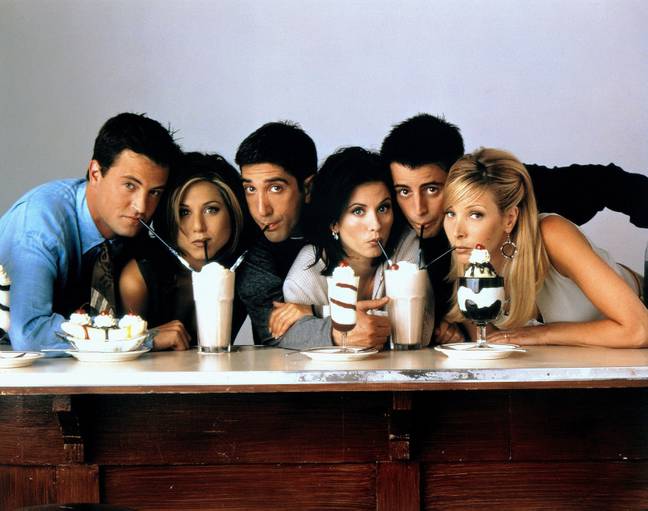
Mike Pence on Leadership and the Future of the Republican Party
Former US Vice President Mike Pence looks back on the events of January 6 2021, his final days in office with President Trump and his…
Thought Leader: Mike Pence

Netflix co-founder and former CEO has explained why the streaming platform removes some of its shows and movies, despite them being hugely popular.
The streaming service has come in for some flack over the years after popular shows and movies disappeared from the service.
US subscribers even threatened to boycott Netflix after it announced Friends would be leaving the platform back in 2020, and last year it was reported that Breaking Bad would be pulled in 2025.
The Marvel Netflix series, including Daredevil and Jessica Jones, have also disappeared from the streamer, alongside the Harry Potter film franchise.
In fact, movies and shows are added and removed from the service all the time, with dedicated sites sharing lists of what’s going and when.

During a Reddit Ask Me Anything, Netflix co-founder and first ever CEO, Marc Randolph, was asked for the reasoning behind ‘removing objectively good shows and/or movies’ and asked if it was something to do with the streamer hoping to push more of its original content.
In response, Randolph explained: “When Netflix started streaming in 2007, 100 percent of the content they had available came from other people via licensing agreements. Netflix didn’t own these shows and/or movies – they just had a temporary licence.”
He went on to say that this worked ‘fine’ as a business model at the time as there were no other streaming services competing for licences, but as the market has ‘exploded’ in recent years, with other platforms such as Disney+, Prime Video and Apple TV, the ‘content is going to migrate from service to service as contracts expire, as the owners start their own streaming services, etc’.

“So the simplest explanation for good shows (The Office, Friends, etc) moving from one service to another is that the licence expired and was sold to someone else,” he said.
“Netflix saw that trend coming years ago, and has been moving aggressively to up the percentage of ‘owned’ content.
“In 2012 – they spent $2 billion (£1.6bn) on content 100 percent licensed. In 2020 – they spent approximately $18 billion (£14.3bn) on content – and 60 percent of it [was] owned.”
So there you go.
Randolph said that Netflix was putting out more original new movies – adding: “The library is unquestionably small, but it’s arguably much better. And how much content you have is meaningless if people don’t watch.”
Fair enough. As long as they never remove Peep Show, I think I can handle that.
Mike Pence on Leadership and the Future of the Republican Party
Former US Vice President Mike Pence looks back on the events of January 6 2021, his final days in office with President Trump and his…
Thought Leader: Mike Pence
Marc Short on U.S. Investment in Critical Minerals
Why do critical minerals matter now? Marc Short explains how U.S. investment in critical minerals fits into a broader strategy around economic security, manufacturing, and…
Thought Leader: Marc Short
Marc Short on AI Policy and the Government’s Role in Chip Technology Investment
On CNBC, Marc Short breaks down the role of AI policy and how government investment is shaping the future of chip technology. A former Chief…
Thought Leader: Marc Short

